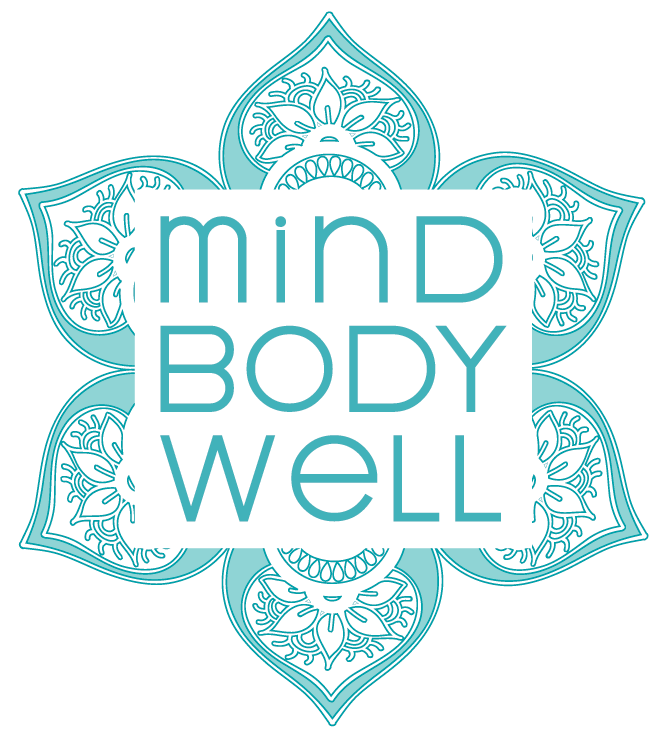Hypogonadism and testosterone issues
Low Testosterone and Men’s Health
The Role of Testosterone in the Body
Supporting bone strength across the lifespan
Maintaining sexual and reproductive health
Supporting muscle growth and maintenance
Contributing to mood and psychological wellbeing
Playing a role in metabolic health (although this relationship is still being researched)
There is increasing evidence that low testosterone levels are linked to a higher risk of developing metabolic conditions such as Type 2 Diabetes. The reverse is also true — people with untreated metabolic health conditions may be at higher risk of developing low testosterone.
What Happens When Testosterone Levels Drop?
Unlike menopause, there is no male equivalent where hormone levels drop suddenly. However, testosterone levels often gradually decline with age. Testosterone production is also sensitive to nutrition status — bodies that are undernourished may experience a decline in testosterone levels.
When testosterone drops quickly or falls very low (hypogonadism), it can impact physical and mental health, including:
- Decreased libido or difficulty getting or maintaining erections
- Difficulty gaining or maintaining muscle mass
- Low mood or reduced sense of wellbeing
- Loss of bone strength and increased risk of fractures
- Increased risk of developing metabolic conditions
Can Testosterone Be Too High?
Who Is Most at Risk of Low Testosterone?
Factors that increase the risk of low testosterone include:
- High-level athletes who are not adequately fuelling their bodies
- People with metabolic health conditions such as Type 2 Diabetes
- Current or former users of anabolic steroids
- People experiencing eating disorders or malnutrition
Seeking Support for Low Testosterone
If you suspect you may have low testosterone, it is important to see your GP, who can assess hormone levels and guide you through appropriate treatment options.
Lifestyle and nutrition interventions play a key role in supporting testosterone production. The Dietitians at Mind Body Well can work with you to ensure you are fuelling your body adequately to support hormonal health. Our Psychologists can also provide support if body image concerns, disordered eating, or mood changes are contributing factors.
For more information about testosterone and men’s health, visit Healthy Male (Andrology Australia)
